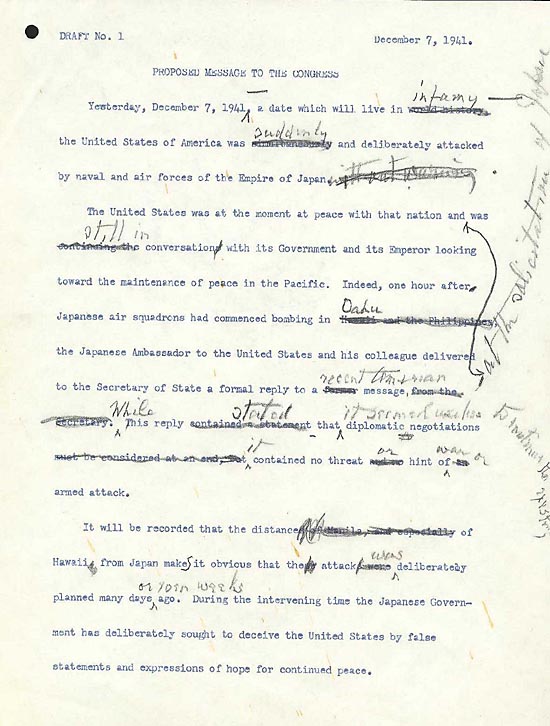The Goose and the Golden Eggs
The farmer was poor. Grain prices had fallen precipitously. He didn’t have the heart to slaughter his cows. Cows were so peaceful. How could you kill something that lowed? It didn’t particularly bother the farmer that he was poor. He was a man of few needs. His wife, however, dreamed of fancy cars and sparkly jewelry and other things that would make her friends jealous. She had grown tired of being pitied by those in her social circle and although she respected the farmer for his honesty she told him one day, “If you don’t start making some money, I’m leaving you.”
Although she was harsh and honest to a fault, the farmer liked the idea of having a happy wife. He began to brainstorm ways he could make more money. He’d once had an idea for a game show, but he wasn’t sure how one went about having television shows made. And he’d heard on the radio in his truck a story about a man who made millions by placing tiny ads in newspapers, but he was skeptical. A solution did not immediately present itself, so the farmer went where he always went when he wanted to do some serious thinking. He went to the barn.
In addition to the cows, the farmer owned a goose. The goose was old and while it still provided the occasional egg, the farmer mostly kept it around because it seemed to be a good listener. While the farmer talked, the goose would emit an occasional honk that, to the believing ear, seemed to be pitched in way that simulated conversation.
“I’ve got a problem, goose,” the farmer said.
The goose honked plaintively, as though affirming something it already knew.
“My lady’s fixing to leave me unless I can scrap together enough money to get her something fancy. She likes fancy things, she does.”
The goose honked: “I know she does.”
“I been trying to think of something but I just can’t. Guess I’m a little outta practice. Only thing I know is farming and farming don’t make a man or his woman rich.”
Honk, once again, in agreement.
“Ah, well. I’m sure I’ll come up with something. Life tends to work out, you know,” the farmer said.
Honk: “It does indeed.”
When the farmer went to the barn the next morning to do his chores, he noticed something shiny lying on the straw next to the goose. It was the size and shape of an egg, but as the farmer came closer he knew that an egg it could not be. It was shining like the sun. He went to lift the object but was surprised at its weight. It was much heavier than any egg should be.
“What have you got here, goose?” the farmer said.
The goose only blinked at him.
The farmer, knowing nothing of fancy things, took it inside to show to his wife. “Look what I found in the barn,” he said.
The wife handled the egg. She turned it this way and that. She smelled it. She scratched it with her nail. Flakes of gold fell off. The wife looked accusingly at the farmer. “Where did you say you got this?” she asked.
“The barn. It was next to the goose.”
“That old, worthless thing?” the wife said.
“The very.”
The wife huffed. She dropped the golden egg on the table and stood up. “You take this egg right back where you got it,” she said. “I see what you’ve done. You’ll get us both thrown in the clink.”
“But…but,” the farmer stammered. He took the egg back to the goose.
Life went on in the normal manner for some time until one day the wife came home furious. “Guess where Mildred’s going next week?” she asked the farmer. “Vegas. Mildred’s going to Vegas for a vacation. Know where I’m going on vacation? That’s right. Nowhere. I’m going nowhere while Mildred’s going to Vegas. I’ve had it up to here!”
The farmer didn’t see what was so special about Vegas, but he thought it was his role to please his wife so he went to talk to the goose. “Hey, have you still got that golden egg?” he asked.
Honk. It sounded like a yes to the farmer. After some searching through the straw he found the egg. He took it into town and traded it for a plane ticket to Vegas. When he got home, he handed his wife an envelope. She looked at it dubiously.
“Go ahead, open it,” the farmer said.
She slid a nail along its back and pulled out the plane ticket. But instead of the surprise the farmer expected to see, his wife’s eyes flashed anger. “Don’t think I don’t see what you’ve done here. You never took that egg back like I said. The cops will be here any second, I reckon.”
“But the goose laid it!” the farmer said. “The next time it lays one I’ll take you out to the barn and show you.”
His wife sniffed. “As if I’m stepping foot in that filthy shack,” she said. She tore the ticket up and dropped it into the wastepaper basket.
The next day the goose laid another golden egg. “Come on,” the farmer told his wife. “You’ve got to come see. It’s laid a second golden egg.”
Reluctantly, the farmer’s wife followed him into the barn. There, shining brilliantly next to the goose, lay a golden egg, even larger than the last. The farmer’s wife lifted it and turned a baleful glance on the farmer. “Do you think I’m a fool?” she said. “You’re stealing these eggs from some nice rich family and pretending this goose here lays them. That’s the dumbest cover story I’ve ever heard and I know just how to put an end to your nonsense.”
She went to the wall where the farmer hung his tools and drew his scythe from a hook. She used it to slice the head clean off the goose. After that there were no more golden eggs, and the wife, claiming she couldn’t live with a man she couldn’t respect (“you could have at least made up a believable story,” she scolded), left him. She married a young man whose father had become wealthy by creating a popular game show. The farmer lived alone in poverty. And they both lived happily ever after.
 I'm sure you haven't heard.
I'm sure you haven't heard.

